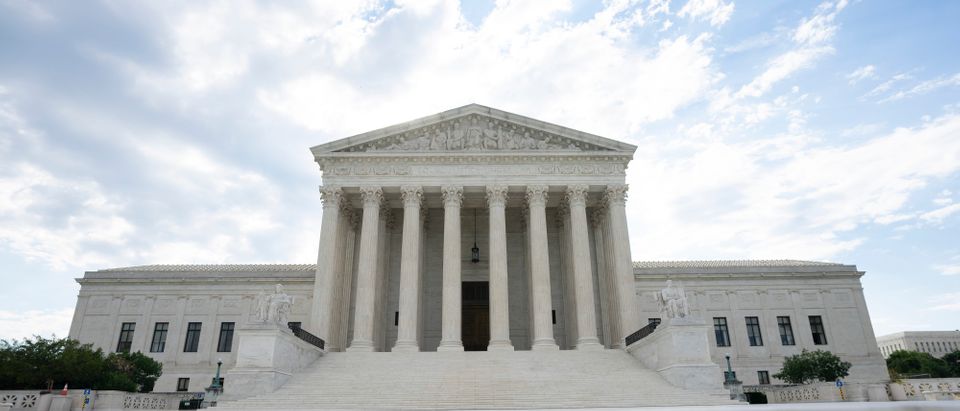The Supreme Court, in a 5 – 4 ruling Thursday, recognized roughly half of Oklahoma as Native American reservation land and overturned a tribal nation member’s 1,000 year rape sentence.
The justices ruled in favor of 71-year-old Jimcy McGirt, a member of the Seminole Nation who served more than two decades in prison after being convicted of raping a 4-year-old girl in 1997 in eastern Oklahoma’s Wagoner County, Reuters reported. McGirt, who was appealing a 2019 state appeals court decision, did not deny his guilt before the justices.
BREAKING: A huge swath of land in Oklahoma, including Tulsa, is tribal territory according to the Supreme Court in McGirt v. Oklahoma. https://t.co/pJlaoPakFJ pic.twitter.com/mT84K1y4FX
— Jennifer Taub (@jentaub) July 9, 2020
The court ruled that the crime took place in land recognized by the justices as part of the Muscogee Creek Nation’s historical claim, which encompasses much of eastern Oklahoma. As a result, the rape that took place more than 20 years ago would have been beyond the jurisdiction of the state of Oklahoma, according to Reuters.
Under U.S. law, members of a Native American tribe who commit crimes on tribal land or reservations are not subject to state criminal law and thus can not be prosecuted in state courts. Instead, such crimes are subject to federal prosecution from district courts because reservation lands are managed by the Federal Bureau of Indian Affairs.
Oklahoma’s state government and the Trump administration argued that Congress had not given the Creek tribe a reservation when Oklahoma became a state in 1907, Reuters reported. The decision to recognize half of the state as tribal land could affect other tribes in the state such as the Cherokee, Chickasaw, Choctaw and Seminole.
The Court ruled that Congress granted a reservation in present-day Oklahoma to the Creek Nation by treaty in the 19th century. Despite breaking most of its promises to the Creek over the years, Congress never formally took away the reservation.
— Sister Helen Prejean (@helenprejean) July 9, 2020
Justice Neil Gorsuch wrote the majority opinion upholding the Major Crimes Act, which gives federal authorities the power to prosecute McGirt’s crime, CNBC reported. (RELATED: BARR: Have Democrats Finally Intimidated Conservatives On The Supreme Court?)
“Today we are asked whether the land these treaties promised remains an Indian reservation for purposes of federal criminal law,” Gorsuch wrote. “For MCA purposes, land reserved for the Creek Nation since the 19th century remains Indian country.”
Gorsuch, who was appointed by President Donald Trump, sided with the four liberal justices on the court. Chief Justice John Roberts dissented, as did the other conservative justices — Clarence Thomas, Samuel Alito and Brett Kavanaugh.


